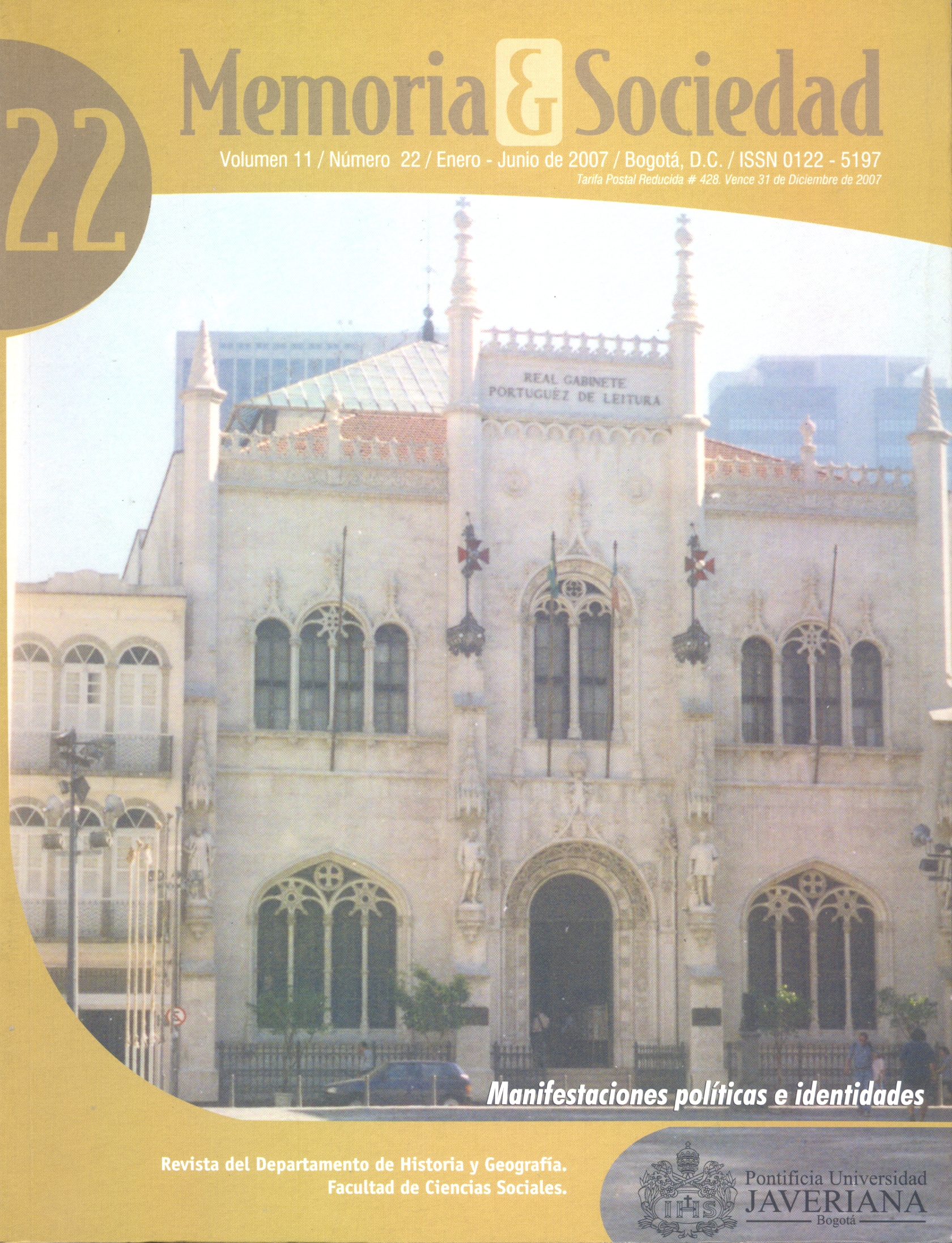Resumen
Este trabajo se propone analizar la perspectiva que los actores locales tienen del proceso de renovación urbana en el barrio de La Boca y de su incidencia sobre la preservación y transformación del patrimonio cultural barrial. La Boca es un barrio de la Ciudad de Buenos Aires en el que tradicionalmente habitan familias de bajos ingresos. En este marco, son revisados los puntos de vista de tres grupos de dirigentes barriales: aquellos que lideran organizaciones sociales tradicionales del barrio, los referentes de comedores comunitarios y los líderes de organizaciones de perfil reivindicativo. El proceso de renovación que se está desarrollando en el barrio de La Boca instaló en lugares ligados a su identidad histórica, nuevos usos que reconfiguran el sentido de esos espacios públicos. Viejos lugares tienen ahora un modo renovado de definir ese uso típico que siempre fue el turismo en La Boca. En efecto, buena parte de esos nuevos usos no han sido decididos ni incorporan a los vecinos de La Boca e introducen nuevos actores y lógicas en este escenario barrial. En este contexto, algunas instituciones están a favor de las transformaciones; otras, en contra y buena parte, no asume una voz nítida en el debate.La revista Memoria y Sociedad se encuentra registrada bajo la licencia Creative Commons Reconocimiento 4.0 Internacional. Por lo tanto, esta obra se puede reproducir, distribuir y comunicar públicamente en formato digital, siempre que se reconozca el nombre de los autores y a la Pontificia Universidad Javeriana. Se permite citar, adaptar, transformar, autoarchivar, republicar y crear a partir del material, para cualquier finalidad (incluso comercial), siempre que se reconozca adecuadamente la autoría, se proporcione un enlace a la obra original y se indique si se han realizado cambios. La Pontificia Universidad Javeriana no retiene los derechos sobre las obras publicadas y los contenidos son responsabilidad exclusiva de los autores, quienes conservan sus derechos morales, intelectuales, de privacidad y publicidad.
El aval sobre la intervención de la obra (revisión, corrección de estilo, traducción, diagramación) y su posterior divulgación se otorga mediante una licencia de uso y no a través de una cesión de derechos, lo que representa que la revista y la Pontificia Universidad Javeriana se eximen de cualquier responsabilidad que se pueda derivar de una mala práctica ética por parte de los autores. En consecuencia de la protección brindada por la licencia de uso, la revista no se encuentra en la obligación de publicar retractaciones o modificar la información ya publicada, a no ser que la errata surja del proceso de gestión editorial. La publicación de contenidos en esta revista no representa regalías para los contribuyentes.


